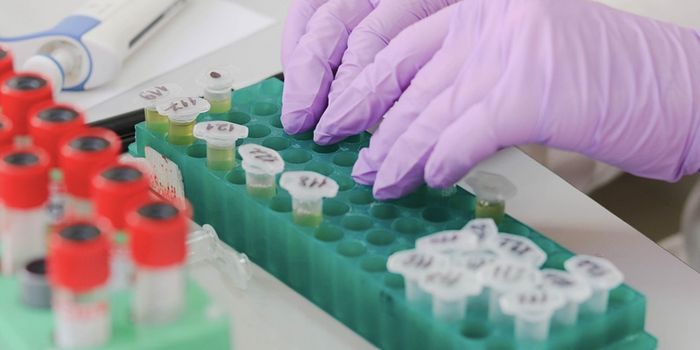For women who have trouble conceiving naturally, assisted reproductive techniques like in vitro fertilization (IVF) can be life changing. But despite these interventions, doctors wondered why some women still fail to become pregnant, even with a healthy embryo is present.
A recent study shows that this failure to conceive may be due to specific genetic “fingerprints” from the womb.
The current success rate of IVF treatments that result in pregnancy stands at a paltry 35%. Many women go through multiple rounds of IVF only to be disappointed. And until now, doctors had no knowledge of the biological factors that influence IVF success and failure.
As it turns out, every woman has carries a genetic signature that pre-determines whether IVF treatments will be successful.
The genetic “fingerprint” comes from a study that compared biopsies from womb linings of 43 women with recurrent implantation failure, and 72 women who gave birth after fertility treatment. Genetic analysis of the biopsies showed an abnormal gene expression profile for 303 genes in the lining of the womb for 80% of women with IVF failure. This genetic signature predicts IVF failure with 100% positive predictive value, as the pattern is completely absent in women whose fertility treatment resulted in births.
The researchers noted that “a specific gene 'fingerprint', when present, is always associated with failure, which is very significant in aiding our understanding of IVF failure."
The research findings could shape how doctors will counsel their patients about the fertility treatments. Before, doctors were in the dark about the relative chance of success for each of their patients. Now, however, doctors could predict whether a woman is likely to achieve conception with IVF by assessing her genetic profile. For example, women who carry the genetic signatures associated with IVF failures could be counseled on their risks and be spared the heartache of repeated failures. Knowing the odds will allow both women and their doctors to make better informed choices about whether to pursue IVF.
While we believe this finding to be a very significant development in international fertility research, the next stage is to trial it as a clinical test to study its effectiveness on a wider scale. - Nick Macklon, study co-lead, chair in obstetrics and gynecology at the University of Southampton.
Additional Source:
EurekAlert









